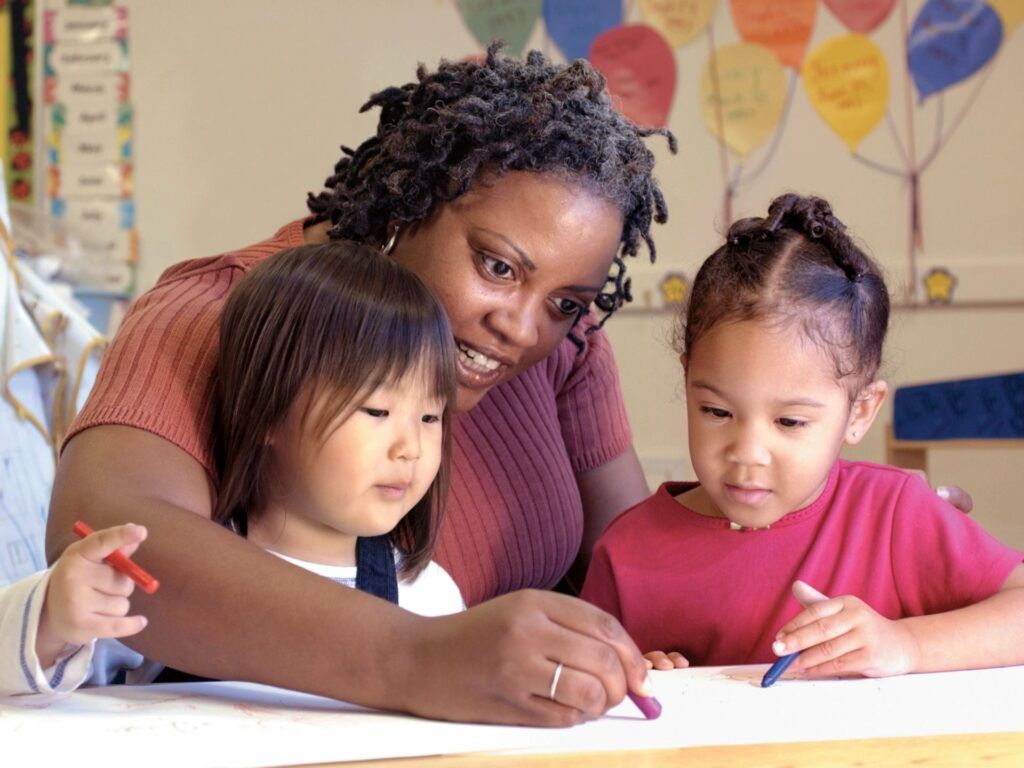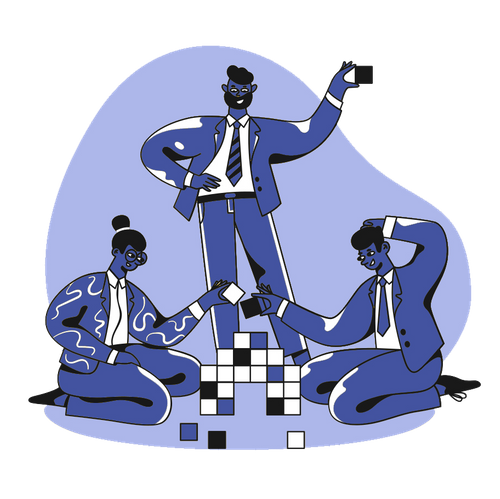The world is quickly changing. How do we prepare our children?
The world we grew up in is very different from the world our children are growing up in. In one life time, communication through hand-written letters and landline phone calls has effectively disappeared. Instead, our children constantly connected through WhatsApp messaging, Tik Tok and an endless litany of social media platforms.
You might catch yourself daydreaming about the “good old days.” Remember trying to reach your Valentine by calling her landline recklessly? Perhaps only to discover her parent was on the other side of the phone. Now, landlines are virtually obsolete.
As you watch your child endlessly scroll through a social media feed, it is easy to say technology has made childhood worse. Yet, technology has also enabled our children to access a wealth of information. Your child could learn to speak a new language, program a computer, and bake a cake from the comfort of home.
Of course, the difference between generations is not just a matter of technology. It goes way beyond that.
Communication technology has allowed information to travel instantly across the globe. Goods, people, and services cross borders with ease and at a much more accessible price. Even pandemics travel at the speed of sound in this brave new world.
With this increase of information, experiences, and varieties our children have the whole world at their fingertips. Anything can happen, at any time, anywhere and our lives can change in an instant.
It is exhilarating, exciting, engaging, and wide with opportunity.
This wealth of opportunity also means the future of our children is a place of uncertainty and anxiety. How do we prepare our children to take advantage of all the world has to offer when we can’t predict what their lives might look like 25 years from now? What are the skills we can teach them, when yesterday’s skills, which might have been passed to us by our parents, seem incredibly outdated?
Educators are constantly trying to update our children’s curriculum to match the needs of this new world; but, it is not really happening fast enough or scaled enough to enable every child to have the opportunity to be successful.
It is broadly acknowledged the current education system has remained largely unchanged for over 100 years. As the world changes, it is struggling to change fast enough to teach our children how to adapt to new technological, economic and social environments. This leaves our children unprepared for the world they might encounter.
Experts around the world in early childhood development and higher education institutions have weighed in on new models. They have recommended and worked with schools on the expansions of curriculum or new partnerships to deepen real-world applications.
The problem is speed. As fast as teachers, schools, institutions, and governments might be in adapting programs and subjects to teach, we are still largely bound to the annual educational cycles for children.
For this very reason, we welcome all the initiatives bringing emerging technology into the classroom and at home. Classes on coding and robotics, as well as an increased focus on STEM make it easier for the next generation to get to grips with specific technologies.
Unfortunately, the majority of the schools and their curricula focus on the technology alone – and fail to teach and develop critical human skills to enable young people to apply the technology in a creative problem solving manner.
This presents a challenge because not only is technology changing at a rapid pace, but also because this new world is unpredictable. Nobody was really able to anticipate the disruption of the hospitality industry by Airbnb. Without owning any real estate, Airbnb was able to challenge huge global hotel chains. Yet, Airbnb was recently forced to renounce its well planned IPO because of a global pandemic.
Our children have to be more than competent in the basic subjects. They have to learn how to use the knowledge they have in creative ways to solve problems we haven’t yet imagined.The future belongs to the most adaptable. So how do we teach this?
The future presents an abundance of opportunity for young people if they have the skills to capture those opportunities. We need to teach our students to adapt and thrive in a constantly changing environment. In addition to reading, writing, arithmetic, and STEM, our students need to build a strong foundation in life skills.
The problem is, we don’t really know what the skills of the future may be. There are many different viewpoints about how to define, categorize and cluster potential skills. However, the one thing the education community does agree on is the need to teach our students the 4C’s.
Creativity, Communication, Collaboration, and Critical Thinking will be foundational skills of the future.
At Ayara, we believe that when every child learns the 4C’s, they will be better prepared for the future. They will be better equipped to contribute as a global citizen. And, they will be confident in the face of the unpredictable challenges the world may present in the future.
This is why we created Ayara.

Ayara gives students the tools and skills they need to succeed in the future by connecting them with certified educators. We do this in partnership with experienced educators and school systems, who we believe are critical to successfully teaching children the 4C’s at scale.
Our certified Ayara educators teach students the 4C’s in a series of applied subjects. This makes it fun for students to gain critical life skills that they can apply, irrespective of their academic ability, career preference, economic circumstance, or geographical location.
We don’t believe in disintermediating educators. Ayara empowers them with certified training, online tools, content, continuous feedback, and the ability to share knowledge and teach each other. This allows these educators to teach children to master the skills of tomorrow, today.

